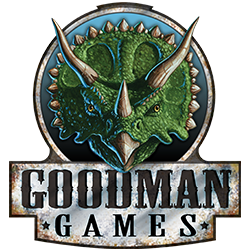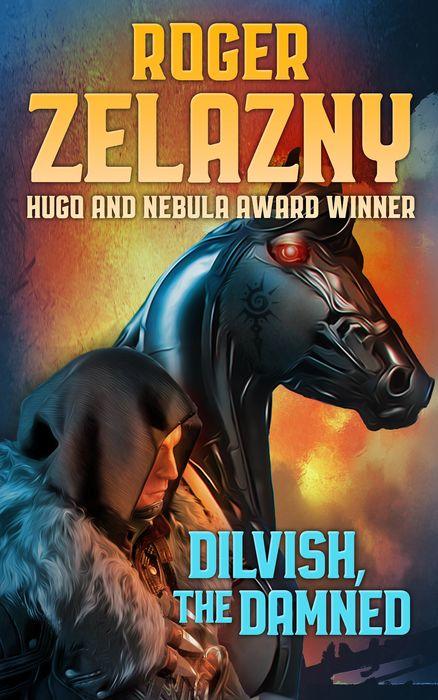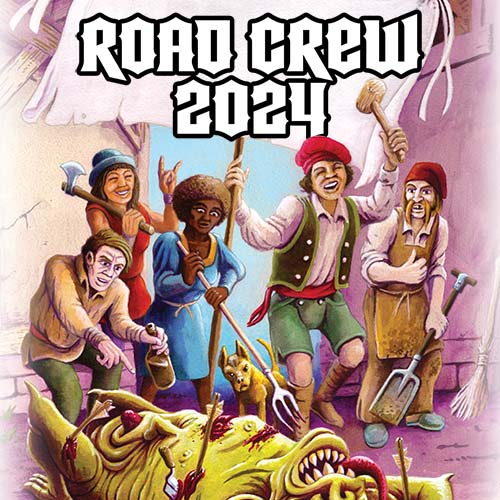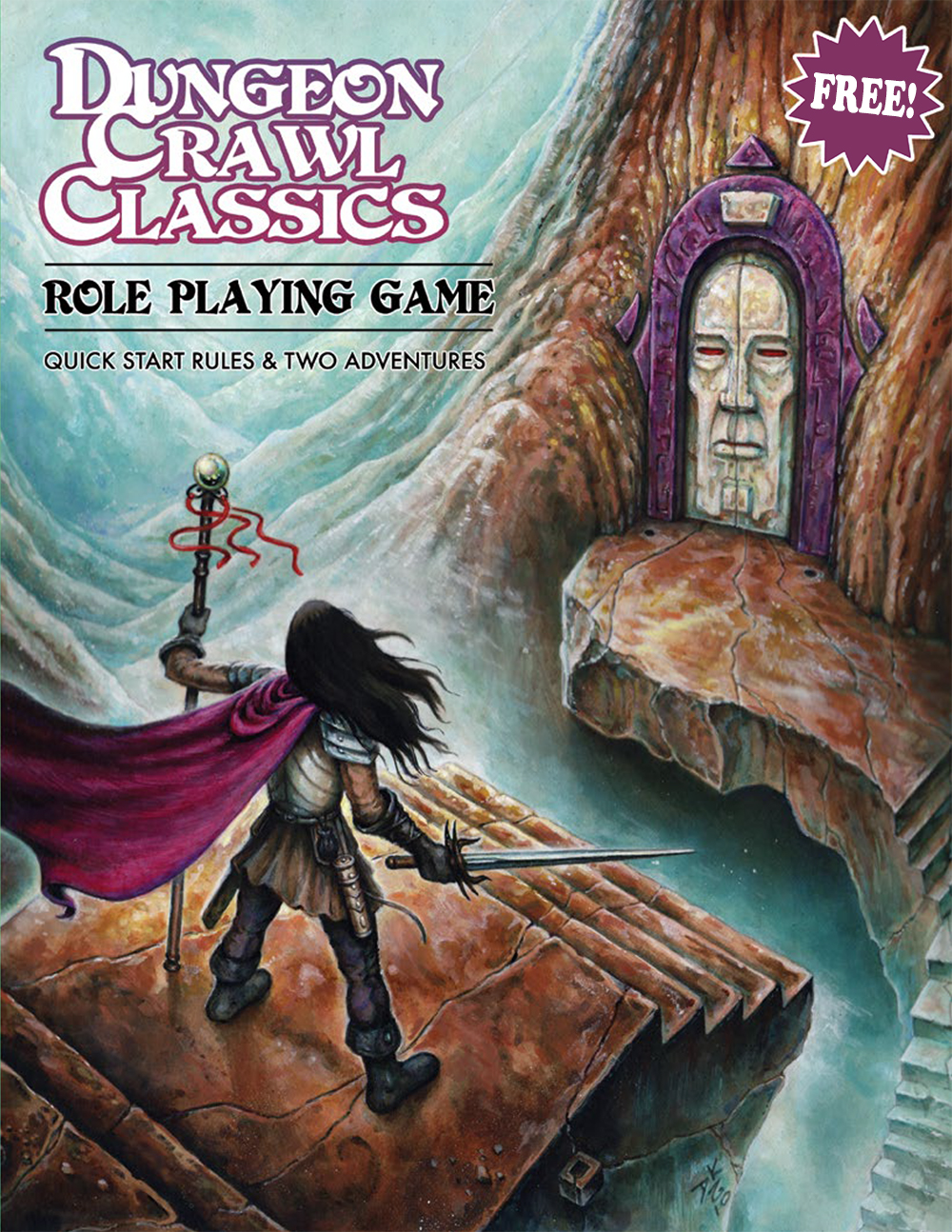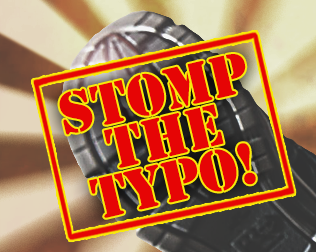
The Adventures of Elfboot and Hellstallion: Roger Zelazny’s Dilvish, the Damned
by Bill Ward
When Dilvish the Damned came down from Portaroy they tried to stop him at Qaran, and again at Tugado, then again at Maestar, Mycar, and Bildesh. Five horsemen had waited for him along the route to Dilfar; and when one flagged, a new rider with a fresh horse would replace him. But none could keep the pace of Black, the horse out of steel, for whom it was said the Colonel of the East had bartered a part of his soul.
– “The Passage to Dilfar”
“Traveler, draw reign!” the man shouted. “I’ll have your purse!”
Dilvish glanced quickly to both sides of the trail. The man appeared to be without companions.
“Up yours!” he said then, and he drew his own weapon.
– “Dilvish, the Damned”
Roger Zelazny’s Dilvish, the Damned is a collection of short stories that includes both some of his earliest work, and later stories written with the established authorial voice familiar to fans of his Amber Series. One might say that in tone and style Dilvish, the Damned is as odd and unpredictable as the titular character’s adventures. Beginning with some of Zelazny’s earliest writing, two pieces that originally appeared in Fantastic Stories of the Imagination in the mid-60s written in the mode of a Dunsany or E.R. Eddison, and ending with work from the late seventies and early eighties, much of which was written to expand the story cycle to book length, Dilvish, the Damned is as much a fun romp through sword-and-sorcery fields as it is a snapshot of Zelazny’s evolution as a writer.
The initial pieces in Dilvish, the Damned introduce us to our two protagonists in a Malorian cascade of mythic bombast – in “A Passage to Dilfar” Dilvish, Colonel of the East, scion of both a human and an elvish house, commander of a freshly annihilated army, races to outrun his pursuers and warn the city of Dilfar of their enemy’s advance. He is only able to do this because of Black, his metal steed, an impervious, spell-casting, fire-breathing hell creature in horse form. Zelazny’s experiment with the kind of faux archaic diction found in the fantasy of a William Morris or, more profoundly, Lord Dunsany, is counterbalanced by his characteristic rapid – one could even say impatient – pacing. Both the opening tale and the follow-up, “Thelinde’s Song” posses the roughhewn charm of a first-rate-writer-to-be not quite yet in his comfort zone, something subsequent tales settle into as Zelazny gives voice to his own emerging natural style.
“Thelinde’s Song,” unfolds Dilvish’s history, and introduces the primary plot element of these tales – his desire for revenge against the sorcerer Jelerak. Dilvish, frozen as a statue for two centuries while his soul endured torment in hell, returns to earth a man on a mission – and one destined to wander from one weird conflict after another like a Knight Errant looking for glory. Indeed, Dilvish’s story isn’t even close to being resolved by the end of this volume (for that you will need to read the sequel, the novel The Changing Land), and many of these tales are incidental adventures on the road to his revenge. By the final story, “Dilvish, the Damned” Zelazny makes the joke that Dilvish’s damned nature isn’t so much a reflection of his sojourn in hell, but more of his nature as a wandering hero forever doomed to be embroiled in (mis) adventures.
Continuing with the early Dilvish stories, “The Bells of Shoredan” is possibly the standout in terms of old school adventuring goodness. With Dilvish, actually in the company of a priest of Jelerak, revisiting not only the trauma of his father’s past, but his own personal demon – a deliberate pun that Zelazny would no doubt appreciate. “A Knight For Merytha” can certainly also be parsed as ‘A Night for Merytha’ as Dilvish must fend off a vampiric seductress and her hapless consort. Another supernatural woman who feels the ‘ache’ of isolation, and with whom Dilvish, himself a strange outsider and relic of a world 200 years gone, sympathizes, can be seen in “The Places of Aache.” “Aache” has an unconventional and unexpected resolution, one relying on Dilvish’s essential decency (and, admittedly, his ability to think in terms other than that of a sword-swinging adventurer), something that all of these stories take pains to demonstrate time and again. Dilvish, despite the horrors he experienced, is a remarkably honorable and even-keeled man.
Which is a good thing, because he’s often practically a super-hero. His elf-boots ensure he always lands on his feet, his swordarm is among the strongest in the land. He knows the Awful Sayings of Hell – utterances so terrible they can level a city. His trusty, talking sidekick Black is a steel equine that shrugs off all harm, can run up mountains, jet flame from his hooves and mouth, and has a head full of sorcerous knowledge. That Zelazny ensures their continual adventures remain interesting by presenting them with odd foes and conundrums (like a shifting maze of magic buildings in “A City Divided,” or a bizarre conflict between factions warring over access to a shadow realm in “Dilvish, the Damned”), and even keep things compelling while pulling solutions and information straight out of his hat on more than one occasion, is a testament to his natural storytelling ability. At no point does Dilvish come across as the kind of character-insert power fantasy endemic to amateur fantasy fiction – no matter how wild his abilities might be, he’s always dealing with something stronger . . . or stranger.
It’s easy to like the early and late period stories in this collection for different reasons – it’s also worth pointing out that the narrative line from the earliest Dunsansian tales, through the early concise old school sword-and-sorcery near-vignette type pieces right up into the looser, more colloquial and relaxed stories of Zelazny’s matured style that finish the book, creates the appealing effect of a character emerging from the shadows of legend and gradually entering into a modern, more approachable idiom. Later tales, such as the aforementioned “Dilvish,” but also “Garden of Blood” and “Devil and the Dancer” are much more well-rounded and complete without losing the anything-can-happen feel of the earlier pieces. The only misstep in the volume for my taste is “Tower of Ice,” a story taking up 60 pages in paperback that could easily have been cut by a third. While it ends strong and the overall premise is a winner, Zelazny forgot to take off his novelist hat when sitting down to write it and it is overburdened with a pace- and tone-killing b-story that gradually doles out exposition through frivolous dialog that could have been handled more efficiently, especially for Zelazny, who can usually work exposition in as easily as breathing.
Dilvish, the Damned is a wild amalgam of the work of a young writer moving through a variety of influences and in a hurry to tell a story (or make a sale), and a seasoned pro with a stack of books under his belt who never forgot the fun of playful storytelling. Aside from certain facts pertaining to the nature of sorcery and planes of existence, there is very little world building here because, quite obviously, Zelazny is making it up as he goes. But his craft comes through in every piece, even those one might be critical of, and the overall effect is a compulsively readable and unpredictable group of stories that had their genesis in the second great boom of sword-and-sorcery but, like their author, didn’t remain stuck in that particular mode but continued to innovate, experiment, and, perhaps above all, play.
